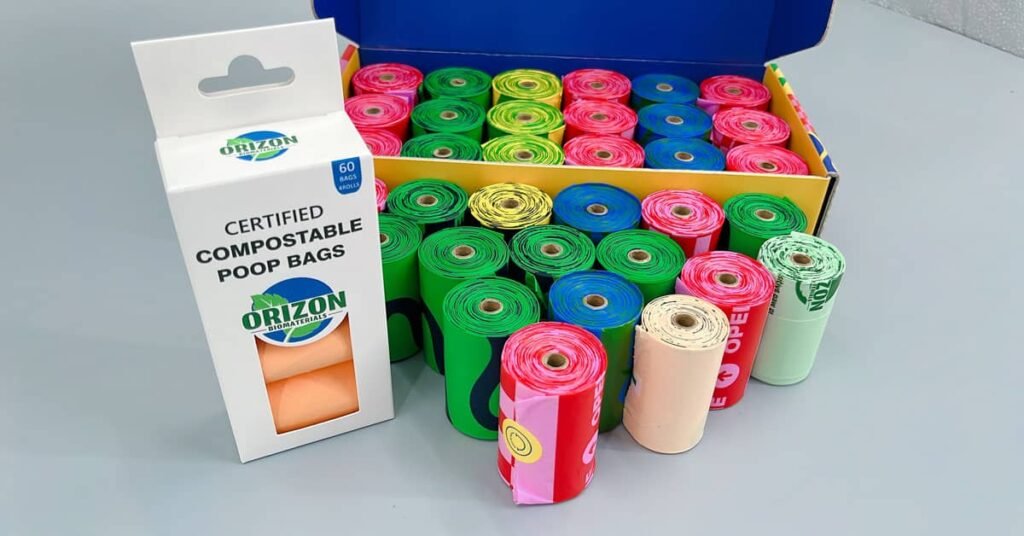Anyone who has ever had a pet knows that when a pet dog poops on the lawn, the lawn will have embarrassing brown or yellow patches, which are relatively troublesome to clean up, but "does dog feces kill grass?"

How Dog Poop Hazards Your Lawn
High Nitrogen Content: Because dogs have a protein-rich diet, dog poop contains high concentrations of nitrogen. Excessive nitrogen fertilization can cause lawns to wilt.
Bacteria and Pathogens: Dog poop carries harmful microorganisms, such as E. coli, parasites, and other pathogens that not only threaten lawns, but also pose risks to human health.
Moisture and Acidity Issues: Dog poop can change the pH of the soil around the affected area, making it more acidic and unhealthy for lawn growth.
Why Does Dog Poop Kill Your Lawn?
Cow, pig, and goat manure are good for plants because they are herbivores, but dog poop is different.
Nitrogen overload: Fertilizers provide controlled levels of nitrogen, phosphorus, and potassium. Dog poop releases uncontrolled concentrated nitrogen that burns your lawn.
Comparison with natural fertilizers: Herbivore manure breaks down into beneficial composting material. Raw dog poop is not suitable for composting because it is high in protein and contains pathogens.
Toxic compounds: Dog poop may contain undigested food, medications, or chemicals that can further cause lawn decay.
How to Tell if Your Lawn Is Damaged by Dog poop
Yellow or brown patches: The most obvious sign of nitrogen burn. These patches are usually circular and appear over a few days.
Thinning or wilting grass: Grass that is repeatedly exposed to air will become sparse, dry, and eventually die.
Timeline of damage: In warm weather, lawn burn can become apparent within 1-2 days after your dog has a bowel movement.
How to Tell if Dog Poop Is Damaging Your Lawn
Frequency of defecation: The more often a dog defecates in the same spot, the more damage it can cause.
Size of dog: Larger dogs produce more poop, which can increase the risk of nitrogen overload.
Weather conditions: Hot, dry weather can speed up lawn scorch, while rainy weather may dilute nitrogen but also spread bacteria.

How to Prevent Dogs from Killing Grass
Clean up promptly: Remove dog poop as soon as possible to prevent nitrogen buildup and contamination. Always carry dog poop bags when walking your pet and use them to keep both public and private lawns clean.
Set up a dedicated potty area: Train your dog to use a specific area with gravel, mulch, or artificial turf.
Boost lawn resilience: Water your lawn regularly, aerate the soil, and reseed dead grass to promote healthy growth.
Myths About Poop as Fertilizer
Some believe all organic waste is good for the garden — but this is a dangerous myth:
- Why dog poop isn’t compost: Unlike cow manure, dog feces must go through high-heat composting to eliminate pathogens. Tossing it in your garden untreated spreads disease.
- Health risks: Dog waste can carry roundworms, Giardia, and other parasites that survive in soil long after the feces break down.
Conclusion
So, does dog feces kill grass? Yes — especially if left untreated. Unlike livestock manure, dog poop is too acidic, nitrogen-heavy, and pathogen-laden to benefit your lawn. But the good news is, simple changes like regular cleanup, proper lawn care, and designated pet areas can make all the difference.
A healthy lawn and a happy dog can coexist — with the right knowledge and habits.





